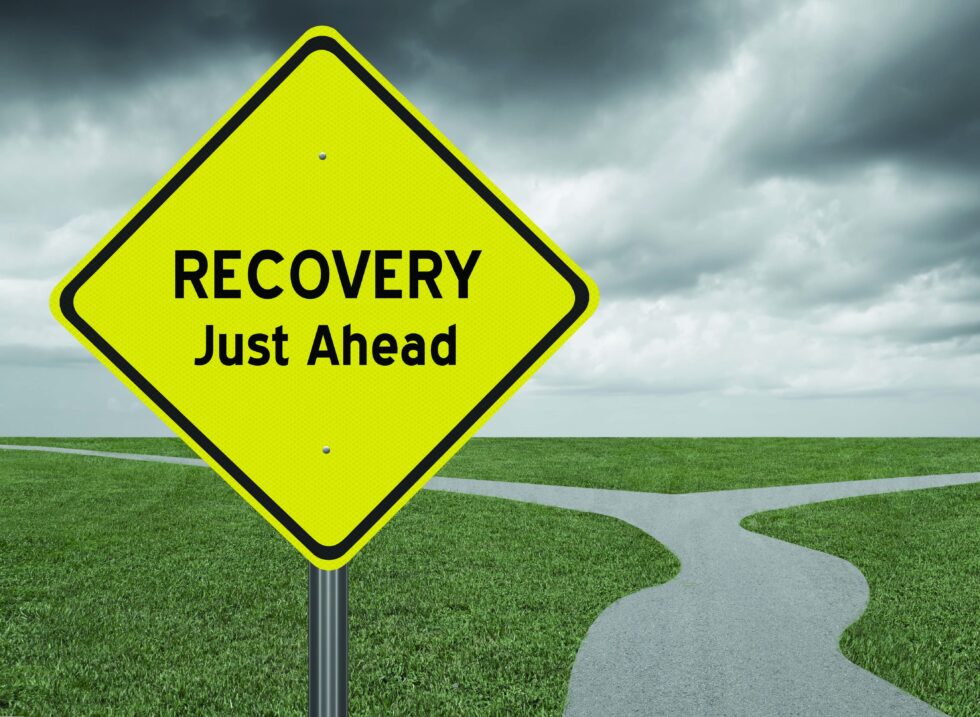
By Toni Lovell, MSW, LCSW, LCAC, MAC
Most people think of addiction as a young person’s struggle, but seniors face unique challenges that can lead to substance dependence. It’s like a complex puzzle where multiple pieces—physical health, emotional well-being, and life circumstances—come together in unexpected ways.
Why are Seniors Vulnerable to Addiction?
As seniors, our daily routine is dramatically altered by retirement, we may have experienced the loss of a spouse or close friends, and our bodies are facing new challenges. These significant life transitions create a perfect storm for potential addiction.
How Addiction Looks Different in Seniors
As we age, our bodies process medications and substances differently. What might have been a manageable amount of medication in younger years can become problematic. There is a delicate chemical balance that becomes increasingly sensitive with age.
Common Paths to Addiction
Seniors typically fall into addiction through several common routes:
► Chronic Pain Management: Persistent pain can lead to overuse of prescription medications.
► Emotional Coping: Dealing with loss, isolation, and life changes might trigger substance use.
► Accidental Dependency: Many seniors become addicted unintentionally through prescribed medications.
Recognizing the Signs:
What to Look For
Addiction in seniors isn’t always obvious and can blend into other age-related changes. Watch for these subtle indicators:
► Sudden changes in behavior or mood.
► Unexplained financial difficulties.
► Increased secrecy about medication.
► Cognitive changes that seem out of character.
► Frequent doctor visits or “doctor shopping.”
The Most Common Substances for Seniors
Contrary to popular belief, seniors aren’t typically struggling with illegal drugs. The real culprits are:
► Prescription opioids.
► Alcohol.
► Anxiety medications (benzodiazepines).
► Over-the-counter medications.
Supporting a Loved One
What NOT to Do:
► Don’t shame or blame.
► Avoid judgmental language.
► Never dismiss a struggle as “just getting old. ”
What TO Do:
Addiction support requires:
► Patience.
► Understanding.
► Professional guidance.
► Unconditional love.
Here are some resources that can assist with treatment and/or support:
Support/Support Groups
► Celebrate Recovery: www.celebraterecovery.com
► Alcoholics Anonymous: www.aa.org
► National Alliance on Mental Illness (Mental Health Support): 1-800-950-6264 or www.nami.org
► National Drug Helpline: 1-844-289-0879 or drughelpline.org
► 988 Suicide and Crisis Lifeline: call 988
The Road to Recovery
Addiction is not a moral failure—it’s a complex health condition. For seniors, recovery means more than just stopping substance use. It’s about rebuilding quality of life, managing underlying health conditions, reconnecting with joy and purpose, and creating a supportive environment. Every senior’s journey is unique. Addiction does not define a person—it’s merely a challenge to be understood, addressed, and ultimately overcome.
It’s never too late to seek help, and recovery is possible at any age.
Toni Lovell is the Director of Clinical Services at Lutheran Social Services of Indiana in Fort Wayne, Ind.


